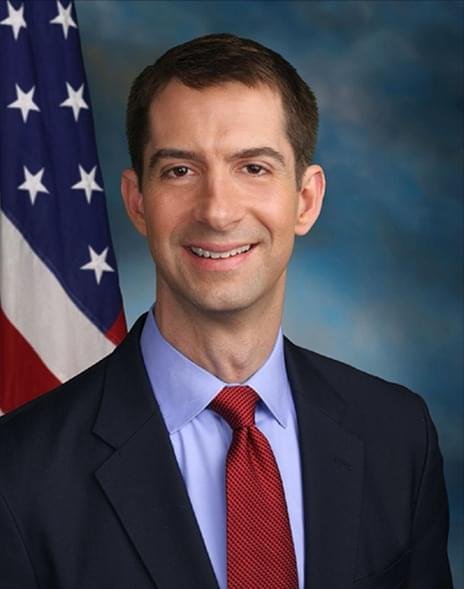WASHINGTON - Last week, Congressman Bruce Westerman (AR-04) sent a letter to leadership at the Environmental Protection Agency (EPA), U.S. Fish and Wildlife Service (FWS), and the National Marine Fisheries Service (NMFS) expressing concern on the EPA’s Integrated Risk Information System Program (IRIS) program and how its risk assessment of formaldehyde could negatively impact important sectors of the economy and the environment.
In part, Westerman wrote:
“I urge each of you to work together to fully examine the impacts that this IRIS assessment and forthcoming EPA actions might have on several issues under the purview of each of your agencies before the EPA finalizes this risk assessment. Section 7 of the Endangered Species Act, Section 9 of TSCA, EPA’s IRIS process, and Executive Order 12866 all contain specific requirements for interagency coordination. My concern is that this is not currently happening. In December, the EPA announced its search for candidates to assist in the peer review of the formaldehyde risk assessment and signaled that it “intends to defer to the draft 2022” IRIS assessment for forthcoming regulatory activities under TSCA and FIFRA. This assessment fails to live up to the interagency review process that is paramount to making decisions that protect the environment and public health. I urge you all to address these issues before the EPA moves forward with the IRIS risk assessment of formaldehyde.”
BACKGROUND:
In Fall 2023, Congressman Westerman visited Bakelite Synthetics in Crossett, Arkansas, where he heard concerns from stakeholders on the EPA’s lack of consultation with the National Marine Fisheries Service (NMFS) and the U.S. Fish and Wildlife Service (NWS) on its IRIS assessment of formaldehyde.
The EPA’s IRIS Program is located within the EPA’s Office of Research and Development; this program develops risk assessments for certain chemicals.
While the EPA plays an important role in protecting public health and the environment, the IRIS program has long been the subject of scrutiny and has been seen as lacking transparency. The U.S. Government Accountability Office issued reports in 2020 and 2022 citing concerns with delays in the process and the need for greater transparency.
The IRIS assessment for formaldehyde is currently under development at EPA; this assessment could potentially be used to inform regulatory activities under the Toxic Substances Control Act (TSCA) and the Federal Insecticide, Fungicide, and Rodenticide Act (FIFRA), among others. Regulations under these statutes can have numerous impacts across industries.
In recent years, Members of Congress on both sides of the aisle have repeatedly raised concerns about this assessment, specifically that an unworkable or unachievable standard would negatively impact multiple sectors of the economy and the environment.
Congressman Westerman’s letter echoes these concerns, encouraging the EPA, the NMFS, and the FWS to work together in evaluating and developing this IRIS assessment.
Given formaldehyde’s prevalence across sectors of the economy—with Arkansas home to multiple facilities that produce this chemical—the process to develop this risk assessment needs to utilize the best available science and ensure that all agencies with an interest in the issue are consulted.
Click here to read the full letter.




















